Enviro fast track for LA network, slow lane for lifeline okayed by governor
Two more telecoms-related bills have been signed by governor Jerry Brown, and several more – of greater consequence – are hanging in the balance with four days to go before his veto deadline.
Without comment, Brown approved assembly bill 2570 and senate bill 1008. AB 2570 deals with restrictions on low income lifeline telephone (and broadband) subsidies and was watered down in the final days of the legislative session. As originally written by assemblyman Bill Quirk (D – Hayward), anyone who signs up for a subsidised service plan would be stuck with that carrier for a minimum of two months.… More

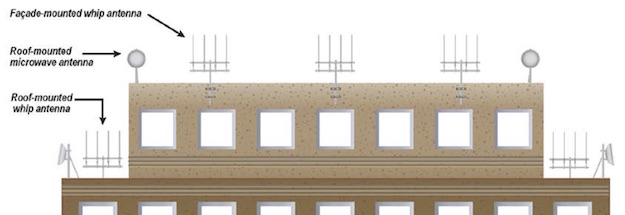
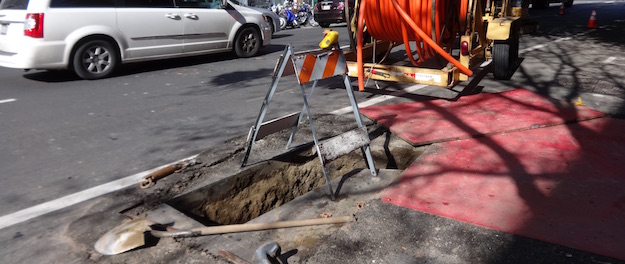
![I, Mgiganteus [GFDL (https://www.gnu.org/copyleft/fdl.html), CC-BY-SA-3.0 (https://creativecommons.org/licenses/by-sa/3.0/) or CC BY-SA 2.5-2.0-1.0 (https://creativecommons.org/licenses/by-sa/2.5-2.0-1.0)], via Wikimedia Commons](https://www.tellusventure.com/images/2016/8/elephant_mud_bath.jpg)
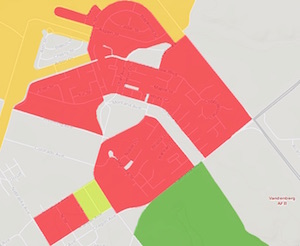
![By Nicole-Koehler (Own work) [GFDL (https://www.gnu.org/copyleft/fdl.html) or CC BY-SA 3.0 (https://creativecommons.org/licenses/by-sa/3.0)], via Wikimedia Commons](https://www.tellusventure.com/images/2016/9/dripping_faucet.jpg)
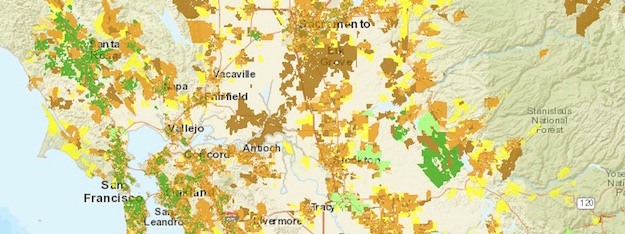
![By Schumi4ever (Own work) [GFDL (https://www.gnu.org/copyleft/fdl.html) or CC BY-SA 4.0-3.0-2.5-2.0-1.0 (https://creativecommons.org/licenses/by-sa/4.0-3.0-2.5-2.0-1.0)], via Wikimedia Commons](https://www.tellusventure.com/images/2016/9/tachometer_redline.jpg)

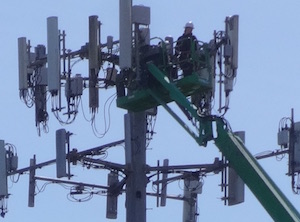
![By Narendra Modi (At the US Congress) [CC BY-SA 2.0 (https://creativecommons.org/licenses/by-sa/2.0)], via Wikimedia Commons](https://www.tellusventure.com/images/2016/9/us_congress.jpg)